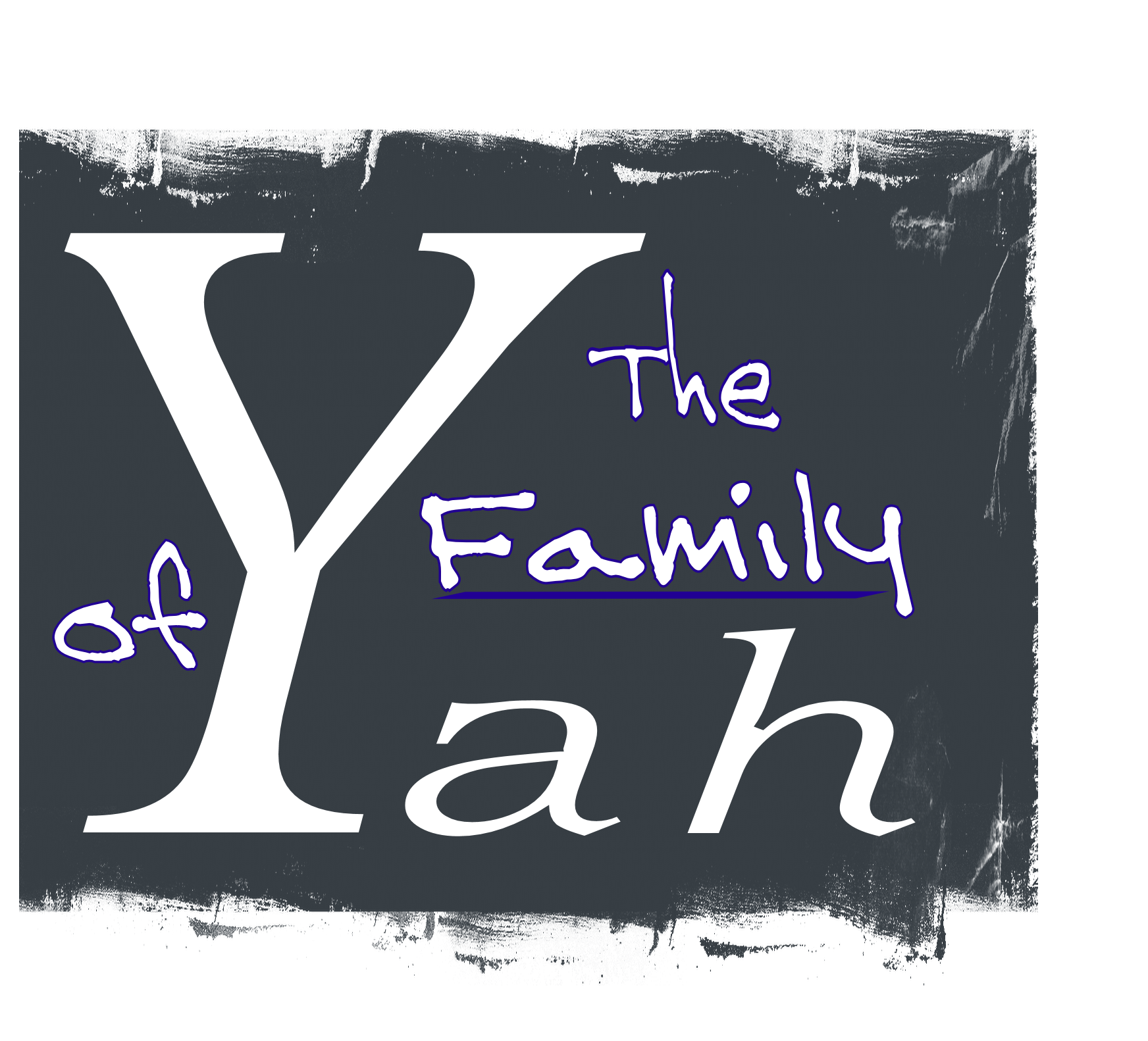Righteousness
Hebrew #6666 – Tsedaka – צדקה
Greek # 1343 -- Dikaiosyē -- δικαιοσύνη
Definition: (1) acting in accord with divine or moral law: free from guilt or sin; (2) morally right or justifiable
“(1) Verse from each of the Torah, Prophets, Psalms or Proverbs, NT”
Wayyiqra (Leviticus) 19:15 (TS2009)
"Do no unrighteousness in right-ruling. Do not be partial to the poor or favour the face of the great, but rightly rule your neighbour in righteousness."
Deḇarim (Deuteronomy) 6:25 (TS2009)
"And it is righteousness for us when we guard to do all this command before יהוה our Elohim, as He has commanded us."
Tehillim (Psalms) 18:20 (TS2009)
יהוה rewarded me according to my righteousness; According to the cleanness of my hands He repaid me.
Mishlĕ (Proverbs) 16:13
“Righteous lips are the delight of sovereigns, And they love him who speaks what is straight.”
Yirmeyahu (Jeremiah) 51:10 (TS2009)
יהוה" has brought forth our righteousness. Come and let us relate in Tsiyon the work of יהוה our Elohim."
Mattithyahu (Matthew) 5:10 (TS2009)
"Blessed are those persecuted for righteousness’ sake, because theirs is the reign of the heavens."
Ḥazon (Revelation) 19:11
“And I saw the heaven opened, and there was a white horse. And He who sat on him was called Trustworthy and True, and in righteousness He judges and fights.”
The definition I used comes from the Merriam-Webster dictionary—a modern, worldly view of this word. But is it truly accurate? I’m not here to take sides; instead, let’s allow Scripture to define what righteousness really means. This is an important word that most followers of the Way might simply interpret as “doing the right thing.” But after reading this, you will see that righteousness is much more than that.
The first two references align with Merriam-Webster, staying in the law, but it seems more than a law-abiding citizen.

The Tehillim reference tells us that righteousness is something worthy of rewarding, a reward from יהוה.
In Jeremiah, it says, “יהוה has brought forth our righteousness.” So
Righteousness is something יהוה brought forth or gave, so we couldn’t have done it without Him.
And then in Mattithyahu, people persecuted for Righteousness' sake are blessed, so now it seems righteousness is like a treasure, something worth standing up for
And in Hazon, it’s like an encouragement to do more and better; again, you will be rewarded.
Now, let’s examine the Hebrew spelling of this word and the meanings behind its letters in the ancient pictographic script:
- צ (Tsade) – Represents a path, journey, or making decisions.
- ד (Dalet) – Symbolizes a door, signifying change, transition, or new opportunities.
- ק (Qof) – Often interpreted as the back of a head, but in my view, it resembles a sunrise—marking the passage of time, endings, and new beginnings.
- ה (Hey) – Depicts a person with raised arms, symbolizing praise, revelation, a warning, or a greeting.
When we put it all together, righteousness is more than just being a “right-thing-doer.” It is a journey — one that requires intentional choices and commitment to following the Torah. Some may believe they can achieve it through their own efforts, but true righteousness comes from walking the path that יהוה has set before us. Along the way, there will be challenges, and at times, standing for righteousness may bring persecution. Yet, we are encouraged to press on, knowing that righteousness is not only a guiding principle but also a treasure—something יהוה rewards and brings forth in us.
Hold firm to the path, and in the end, you will receive the greatest gift: life and a warm welcome into His presence.
I hope this has been a blessing to you.
Shalom,
IS
